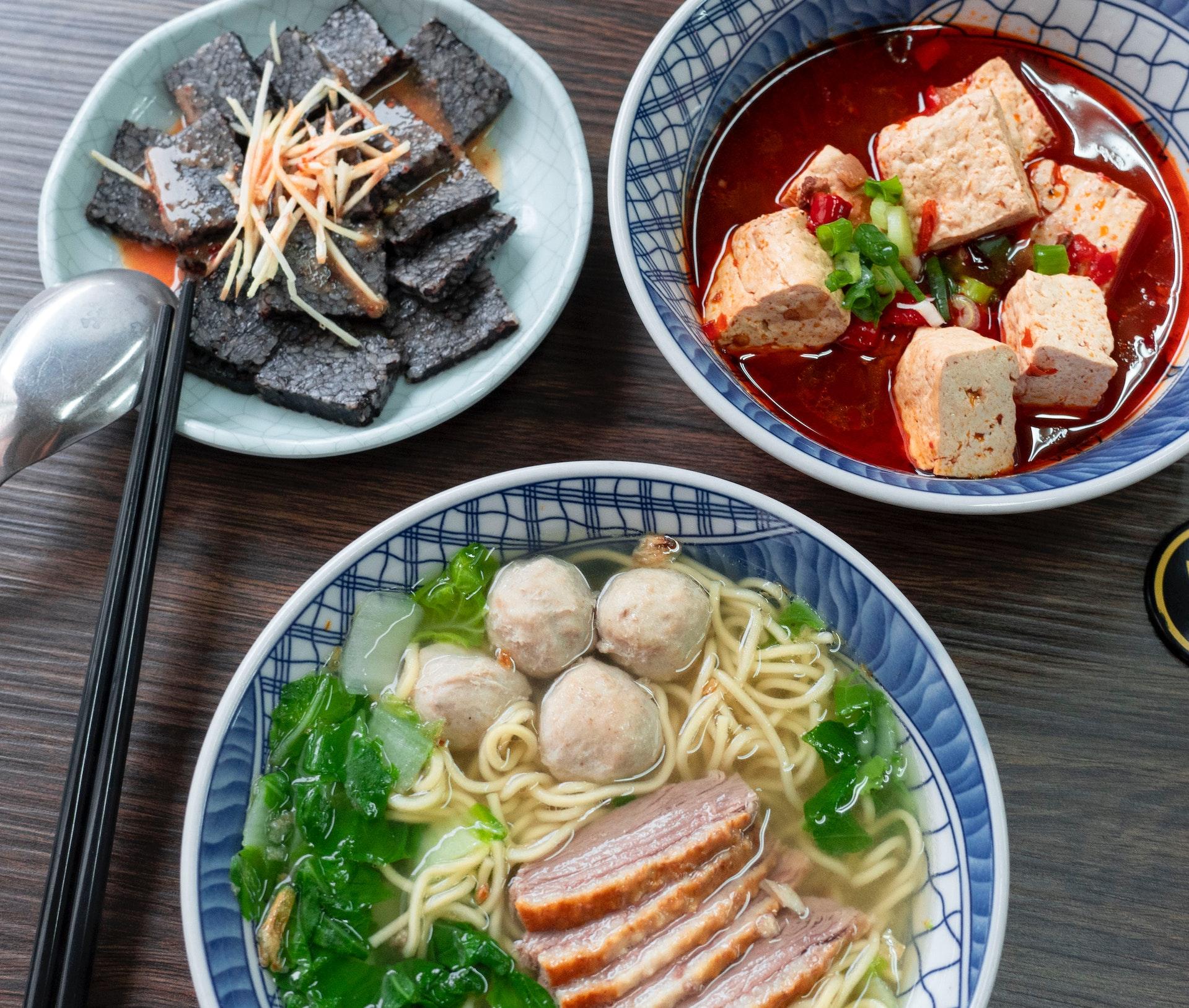Without food, leisure trips will not be even leisurely. They would be incomplete and dull. Truly, food is one of the biggest factors of a fun and worthwhile trip. You become happy when traveling not only because of the places you visit but also because of the foods that fill you with delight. Indeed, food is an important part of traveling, and that is due to several reasons.
Food has an intrinsic link to a place’s culture, history, and way of life. Travelers learn more about the regional culture and its residents by seeking local cuisine, ingredients, and cooking methods. Dining together with locals and co-travelers builds fresh connections and an appreciation of community. Food experiences frequently entail socializing and the chance to meet with individuals from various walks of life, whether it’s eating at a neighborhood restaurant, joining food festivals, or taking a culinary lesson.
Furthermore, maintaining health and wellness when traveling depends heavily on food. Travelers can discover healthful and nutrient-dense foods by experimenting with indigenous produce and local cuisine. One’s view on a healthy diet can be widened, and new cooking practices and behaviors may emerge by encountering diverse dietary customs and food cultures.
For real, good food makes trips good! But what if you are a picky eater or if your travel companion is? Well, truth be told, it’s quite an issue because you will be encountering many unfamiliar foods as you travel abroad. It’s hard to enjoy when you are very restricted by your own preferences and when you don’t get to actually experience the food adventures that await you. However, there’s still something you can do.
Check out these 7 enjoyable eating tips for international travelers who are picky eaters!
1 – Read about the destination’s local cuisine.
Learn the local food scene of your destination prior to your trip. Try to find foods or ingredients that suit your tastes. Locate diners or restaurants that provide selections that appeal and cater to picky eaters, like you. You may then prepare ahead of time and have an idea in general of where to get food that speaks to your taste.
2 – Look for familiar foods to ease off.
Browse places to eat that feature regional specialties or renowned worldwide cuisines. This might give you a feeling of security and familiarity while still enabling you to try other dining establishments.
Particularly when you’re in a foreign locale, eating familiar foods can give you a sense of assurance and ease. In the middle of the novel situations and cultural contrasts of travel, they offer an anchor to your home and an air of familiarity. They frequently have a consistent flavor profile and taste. It might be alleviating to select a cuisine that you are familiar with because you can have a decent anticipation of the way it will taste, especially if you have particular tastes or dietary limitations.
When you try new and unfamiliar meals, you could be upset if you don’t like the flavor or texture. You can reduce the likelihood of having a bad eating experience during your trip by choosing meals you are comfortable with.
3 – Carry snacks with you.
When you can’t find appropriate eating options, bring along some of your favorite snacks from home. If you have trouble getting meals that meet the way you eat, this can give you comfort and guarantee you have something you like.
4 – Inform servers of your food preferences.
Don’t be afraid to let the waitresses or cooks know what foods you prefer to eat when you’re out to eat. They might be able to recommend dishes that fit your taste buds better or modify existing dishes. You may discover compatible solutions by courteously and precisely stating your dietary preferences.
5 – Ask for dish customizations.
A lot of restaurants are open to adjusting menu items to fit customers’ nutritional needs. You might, for instance, request the removal or replacement of specific portions. Never be afraid to request changes that will make the food more enticing and appropriate to you. You may also ask the hotel accommodation’s restaurant servers for this.
6 – Make your own food in your lodging.
Consider renting a space where you can cook yourself, like an apartment, a small hotel accommodation or vacation home with a kitchenette, if you have strict dietary restrictions or significant food aversions. As a result, you can make your own meals with ingredients and techniques you are familiar with.
7 – Step out, and try something new!
Although it’s acceptable if you have particular food prejudices or preferences, try to travel with an open mind and become willing to periodically push yourself outside of your comfort zone. You can be surprised by new tastes or recipes you come upon. If you’re hesitant to try anything new, start with tiny servings or share meals with other travelers to reduce risk.
Every place has its own distinct tastes, cooking styles, and local favorites. Picky eaters can experience and appreciate these distinctive culinary offers by eating new foods abroad. It enhances the range and richness of their culinary experiences.
A fresh and fascinating gastronomic discovery may result from stepping outside of your comfort zone. Picky eaters can encounter a universe of flavors, aromas, textures, and ingredients for the first time when they explore new dishes. Their palates are broadened, and a vast array of gastronomic alternatives are made available.
ALL ABOUT FOOD AND TRIPS
Traveling is often about creating lasting memories, and food plays a significant role in that. Making lasting memories while traveling is the standard, and food plays a big part in that. Experiences and tales to tell with friends and family might result from trying unusual and exotic foods. It makes the journey seem more thrilling and adventurous.
Food-related travel experiences can leave an imprint that lasts. A dish’s flavor, scent, and presentation can arouse strong sensory recollections that stick with visitors even when they go back home. Carrying back local products, spices, or even recipes to reproduce the flavors of the trip might be considered a special food souvenir.
Whilst it’s reasonable that picky eaters may have certain preferences, tasting different foods while traveling overseas can enhance the experience, promote personal development, and leave a lasting impression. It’s a chance to venture beyond their comfort zone and engage with the fascinating and eclectic world of international food.


